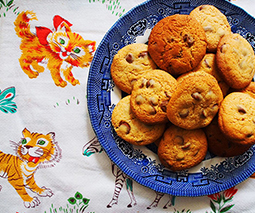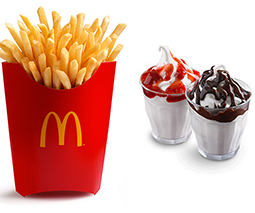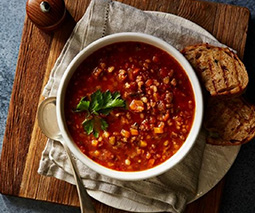The fruit and veg you should be buying organic (and the ones you can skip)
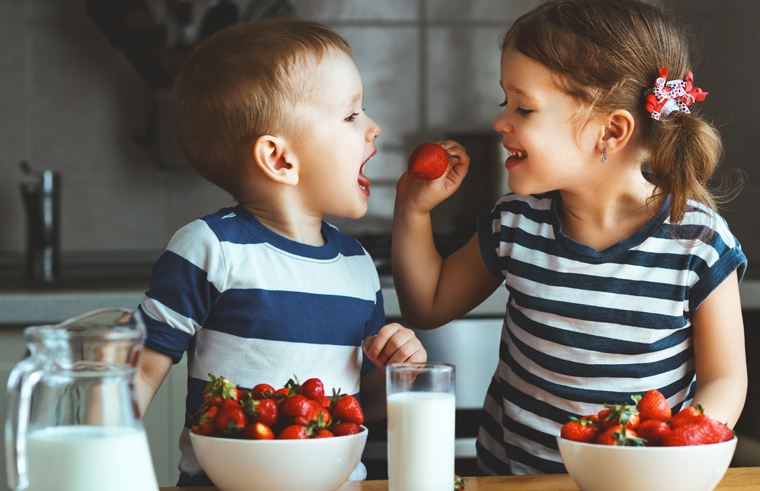
Fresh fruit and vegetables are vital to a healthy diet, and organic produce is widely believed to be an even better choice. But considering the extra expense, do we really need to be buying everything organic? It turns out that different kinds of produce are exposed to more chemicals than others, so to help you out here’s the latest list of the best and worst offenders.
Why organic?
Pesticides are used on fresh produce to prevent or eradicate bugs, weeds and disease; and are therefore very toxic. Exposure to these types of chemicals has been linked to a number of health issues including lower brain development in unborn babies which can occur when pregnant mothers consume food sprayed with pesticides. It’s risks such as these which have prompted the recent organic movement of produce farmed without chemical pesticides, genetic modification or synthetic fertiliser. Higher in nutrients and better for your health, many believe the safest option is to only eat organic fruit and vegetables – especially for pregnant and breastfeeding women, as well as children.
The dirty dozen
These days you can buy almost anything organic, from yoghurt and cereal to beef and wine, however, fruit and vegetables are considered the most important because of their direct exposure to pesticides. But, if you can’t afford to buy everything organic don’t worry, because you can actually buy a mixture of organic and non-organic AND still rest easy – thanks to the help of the Dirty Dozen.
Every year the Environmental Working Group in the US releases its Shopper’s Guide Dirty Dozen which highlights the 12 main fruit and veg offenders (listed in descending order of the most amount of pesticides found during testing). Strawberries were exposed as the number one bad boy, with one sample showing 20 different kinds of pesticides! (Remember, we import a lot of our fruit and veg from America.)
Here’s the complete Dirty Dozen list for 2020:
- Strawberries
- Spinach
- Kale
- Nectarines
- Apples
- Grapes
- Peaches
- Cherries
- Pears
- Tomatoes
- Celery
- Potatoes
Hot peppers also rate a mention at the end of the list.
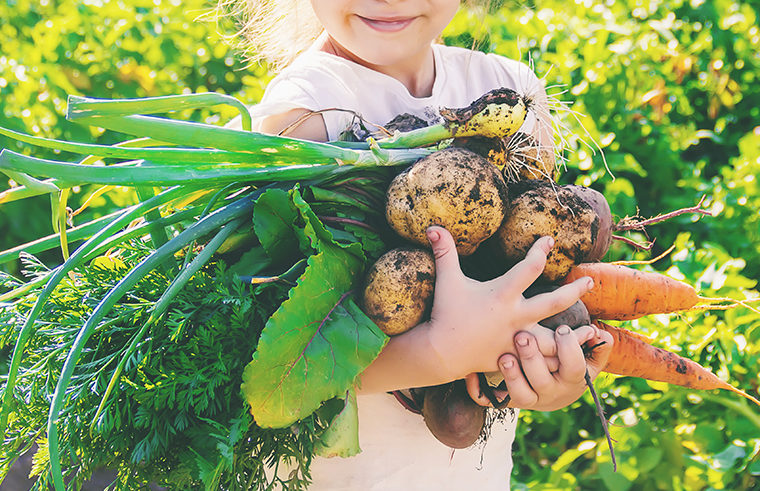
The clean 15
Okay, so we now know which fruit and veg we should definitely be buying organic if we want to avoid chemicals (hello spinach!), but what about other ordinary fruit and veg? Luckily for those on a budget, there’s actually a bunch of produce which is also considered safe to eat, without being organic.
The list is called The Clean 15 and here are the top winners for this year:
- Avocados
- Sweet corn
- Pineapples
- Onion
- Papayas
- Sweet peas frozen
- Eggplant
- Asparagus
- Cauliflower
- Rockmelon (Canteloupe)
- Broccoli
- Mushrooms
- Cabbage
- Honeydew melon
- Kiwifruit
For the full list from EWG of the 51 fruit and vegetables in the pesticide test click here. Unfortunately there is no such study done in Australia, however some similar tests done down under have shown consistencies, so this American guide is a good one for us to go off.
Other options
This idea of buying a mixture of organic and non-organic fruit and vegetables is great (and will save you a lot of money). If this mix of both is still unaffordable for your family, it doesn’t mean you should cut fresh produce out of your diet as it is still very important to eat fruit and veggies every day for key vitamins and nutrition. So what else can you do? Here are some tips:
- Always wash all fruit and vegetables thoroughly – particularly important for pregnant women wanting to avoid listeria which can be caused by dirt found on produce
- Wash fruit and vegetables in three parts water and one part vinegar – to reduce chemicals externally
- Use a good vegetable brush – great for things like potatoes and mushrooms
- Remove the skin on items that are prone to pesticides – such as apples
